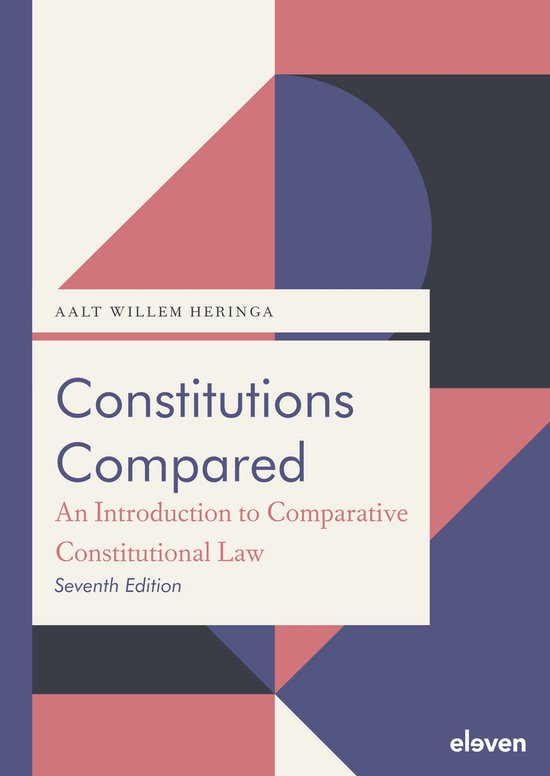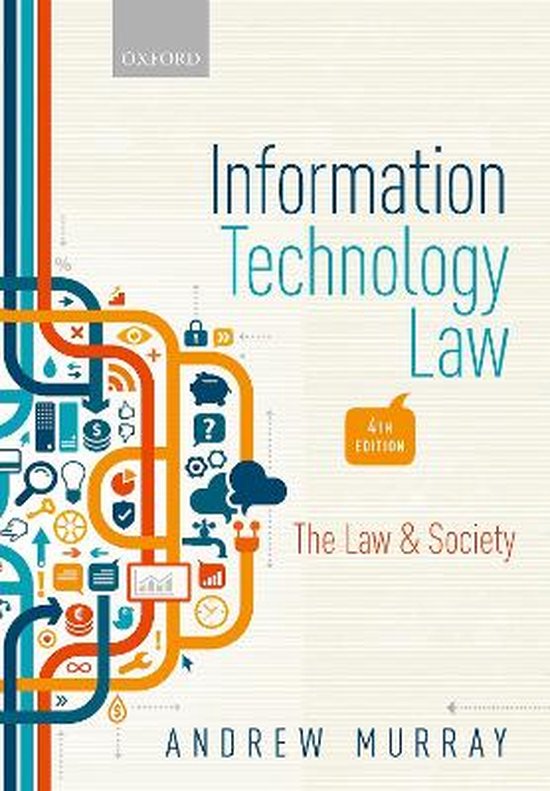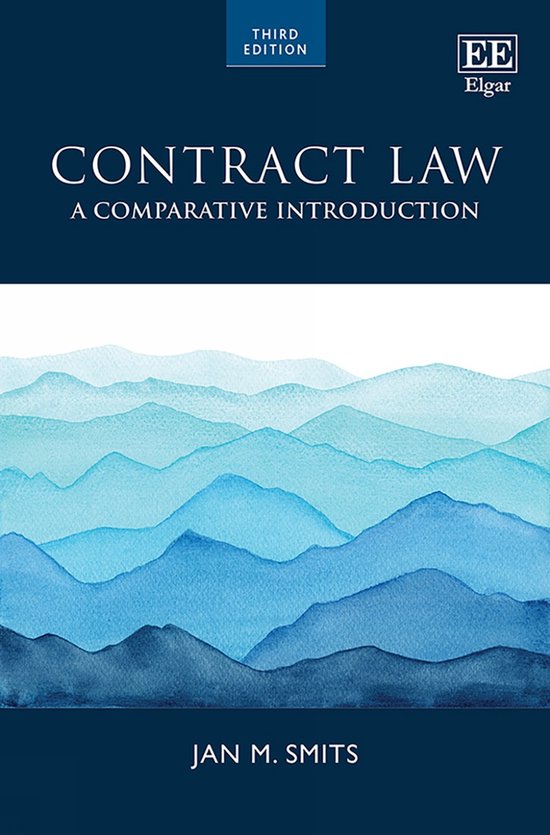
Constitutions Compared (7th ed.)
This handbook provides a user-friendly, original, and innovative introduction to comparative constitutional law, with specific reference to liberal democracies and states under the rule of law.
The seventh edition of this widely utilized handbook provides a user-friendly and original and innovative introduction to comparative constitutional law, with specific reference to liberal democracies and states under the rule of law. For each area of constitutional law of such systems, a general introduction and a comparative overview is provided, followed by more detailed country chapters on that specific area. Though the book focusses extensively on selected countries, references to other states and their constitutional models have also been included for a general background and comparison. In this seventh edition, the author has expanded several chapters to provide more detail on national legal systems to offer constitutional comparison. The book has been updated to include constitutional events until April 2023. Constitutions Compared most notably includes many constitutional developments in the constitutional systems within our scope. That includes the new compositions of the national parliaments and the European Parliament and the new government coalitions. What also sets this book apart is that the EU has been woven into it, as a constitutional system per se and as an international organization which heavily impacts upon domestic constitutional law of its member-states. This has led to a new paragraph about basic aspects of international law, specifically to provide sufficient basis for the understanding of the relations between national constitutional law and international law. This handbook strengthens understanding of the relevant constitutional concepts and the constitutional structures, as well as illustrating them with recent examples and topical constitutional and political practice. It provides readers in general and students of constitutional law with tools and basic questions to address constitutional issues and to evaluate the different constitutional models and features. Constitutions Compared has proven its success as a helpful guide for students who are exploring comparative constitutional law for the first time. For more advanced graduate-level courses it provides a solid foundation. It remains, and is intended to be, a thorough introduction into constitutional law which purports to give an overview, with many examples and applications in practice, and with enough legal and practical details to be accessible and to the point. At the same time it provides the whole picture and highlights general constitutional questions and perspectives.
The seventh edition of this widely utilized handbook provides a user-friendly and original and innovative introduction to comparative constitutional law, with specific reference to liberal democracies and states under the rule of law. For each area of constitutional law of such systems, a general introduction and a comparative overview is provided, followed by more detailed country chapters on that specific area. Though the book focusses extensively on selected countries, references to other states and their constitutional models have also been included for a general background and comparison. In this seventh edition, the author has expanded several chapters to provide more detail on national legal systems to offer constitutional comparison. The book has been updated to include constitutional events until April 2023. Constitutions Compared most notably includes many constitutional developments in the constitutional systems within our scope. That includes the new compositions of the national parliaments and the European Parliament and the new government coalitions. What also sets this book apart is that the EU has been woven into it, as a constitutional system per se and as an international organization which heavily impacts upon domestic constitutional law of its member-states. This has led to a new paragraph about basic aspects of international law, specifically to provide sufficient basis for the understanding of the relations between national constitutional law and international law. This handbook strengthens understanding of the relevant constitutional concepts and the constitutional structures, as well as illustrating them with recent examples and topical constitutional and political practice. It provides readers in general and students of constitutional law with tools and basic questions to address constitutional issues and to evaluate the different constitutional models and features. Constitutions Compared has proven its success as a helpful guide for students who are exploring comparative constitutional law for the first time. For more advanced graduate-level courses it provides a solid foundation. It remains, and is intended to be, a thorough introduction into constitutional law which purports to give an overview, with many examples and applications in practice, and with enough legal and practical details to be accessible and to the point. At the same time it provides the whole picture and highlights general constitutional questions and perspectives.
| Auteur | | Aalt Willem Heringa |
| Taal | | Engels |
| Type | | Paperback |
| Categorie | | Rechten |

